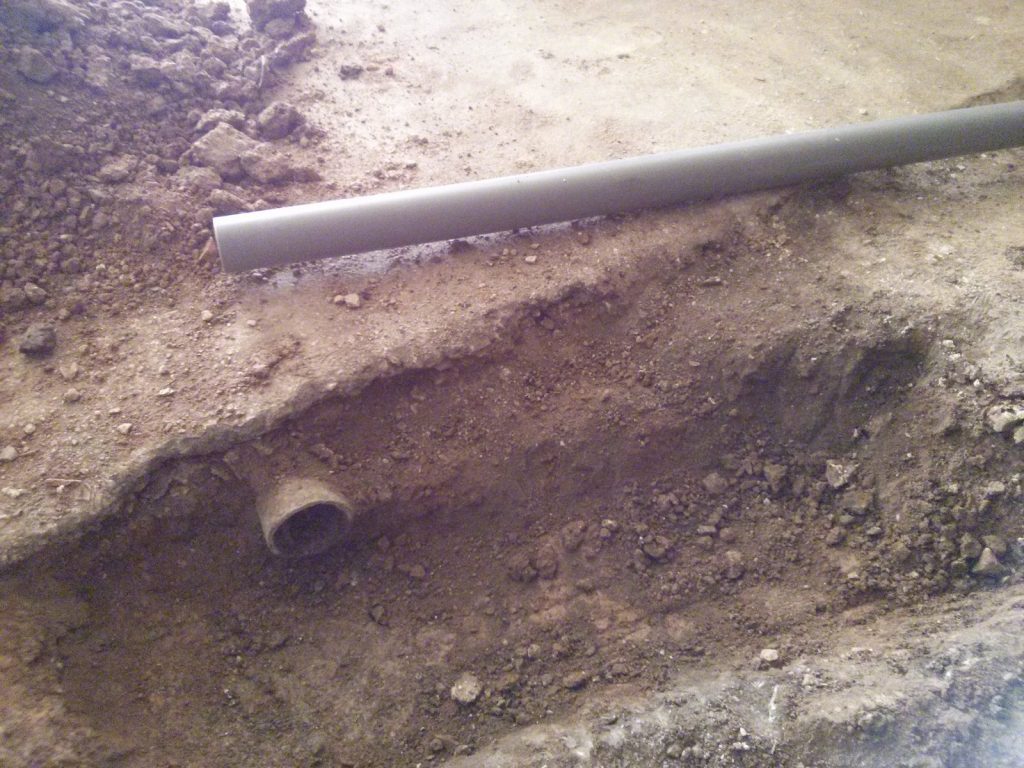Odor Control in Wastewater
Written by AOS Treatment Solutions on September 14, 2016
While odor control in water systems may not be a common occurrence for businesses and homes, it’s something you need to deal with immediately should it happen. Water odor typically affects industrial and municipal facilities, and it can cause a whole host of problems, ranging from community complaints to costly structural integrity issues.
Let’s examine the common causes of waste water odor, the effects it can have on your waste water system, and how you can eliminate it from your facility.
The Primary Concern: Hydrogen Sulfide
Hydrogen sulfide is usually the culprit when it comes to water that smells like rotten eggs. This colorless gas occurs in waste water systems when sulfates begin to reduce and organic material decomposes. This gas can appear in any part of the waste water system, and if left untreated, it can become toxic.
The most common place you’ll fine this odor is in the collection system. When the oxygen supply to the water becomes depleted, it creates a breeding ground for sulfate-reducing bacteria and allows the gas to permeate.
Environmental Activity
While the lack of oxygen in your system contributes directly to the gas, environmental factors can have an overarching effect.
If your waste water system is in an area that experiences high summer temperatures, this can accelerate the problem and contribute further to the odor. Bacteria activity picks up during warmer weather, which means more oxygen will have to be supplied to your water to stop odors before they start. Higher temperatures can also contribute to a faster rate of the corrosion that bacteria promotes in waste water systems.
Can Smelly Water Cause Damage?
Waste water odor is never pleasant to deal with and can affect the area surrounding your business, causing tensions with local residents. It can also have permanent effects on your operation.
You must protect workers from exposure to hydrogen sulfide, which is highly flammable and explosive in nature. The gas has also been known to cause breathing difficulties and eye injuries in extreme cases. Ensuring worker safety is a high priority for any business owner, and if you do not treat odors, you might create a dangerous work environment.
Hydrogen sulfide can also cause corrosion and threaten the structural integrity of your system. Uncoated concrete is particularly susceptible to damage caused by hydrogen sulfide gas. Bacteria present in waste water systems may emit carbon dioxide. When this reacts with the water present, the rate of corrosion accelerates. This can lead to costly repairs that could change the course of your system for years.
What Can Be Done?
Thankfully, there are plenty of processes that can introduce oxygen back into your water system and prevent harmful odors. The first step you take should involve testing your system to determine the level of gas production. This will allow you to create a customized plan of action for treating your system.
In some cases, the gas will be removed from the air through evaporation. The bacteria can also be treated by deep cleanings of your system.
If you are dealing with smelly water at your industrial or municipal system, treat it now before it yields costly expenses or results in an unsafe workplace. For more information and help with odor control solutions in Texas, contact AOS Treatment Solutions to discuss a customized plan.


